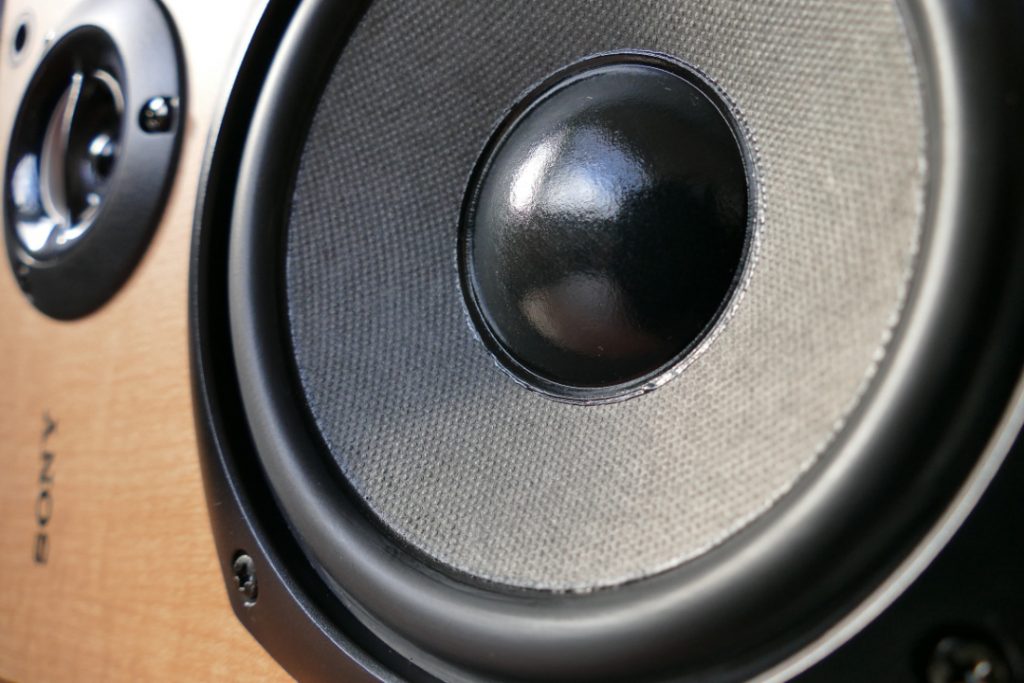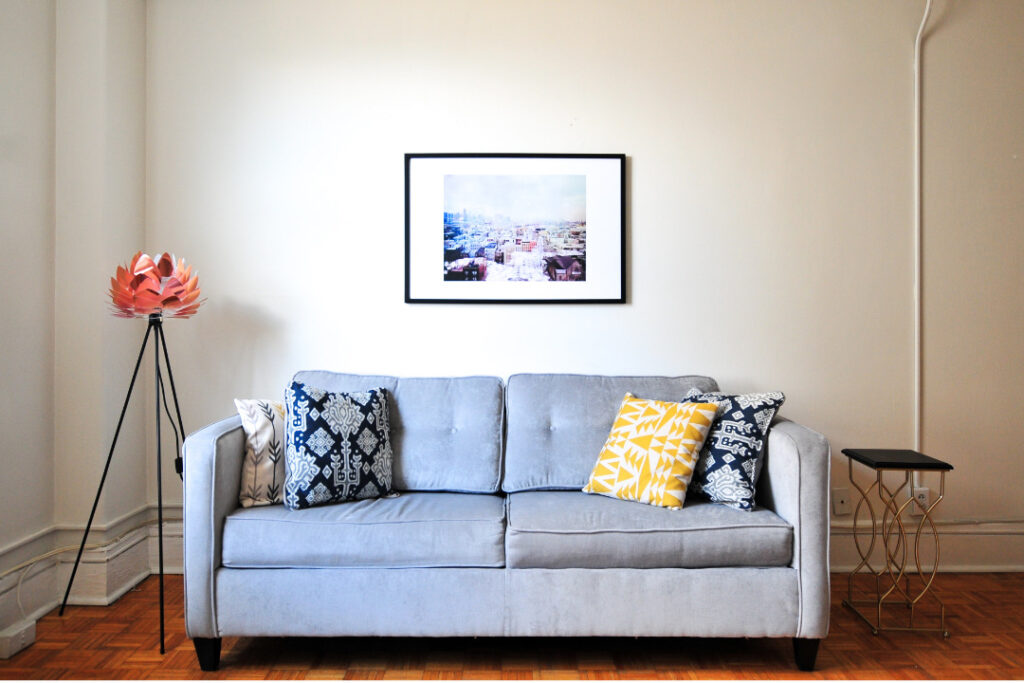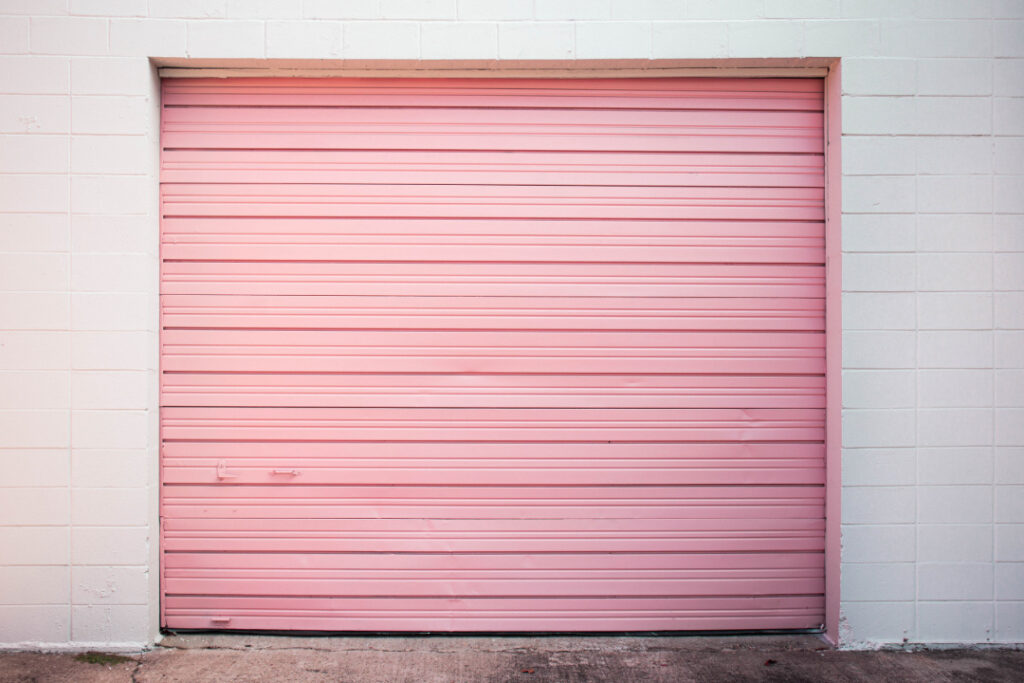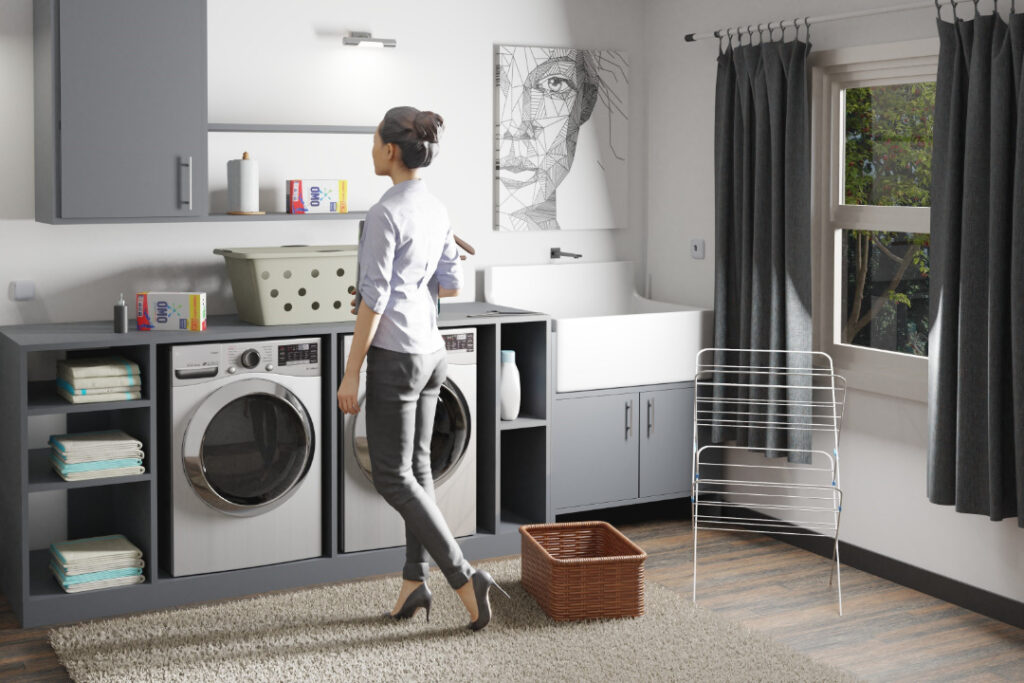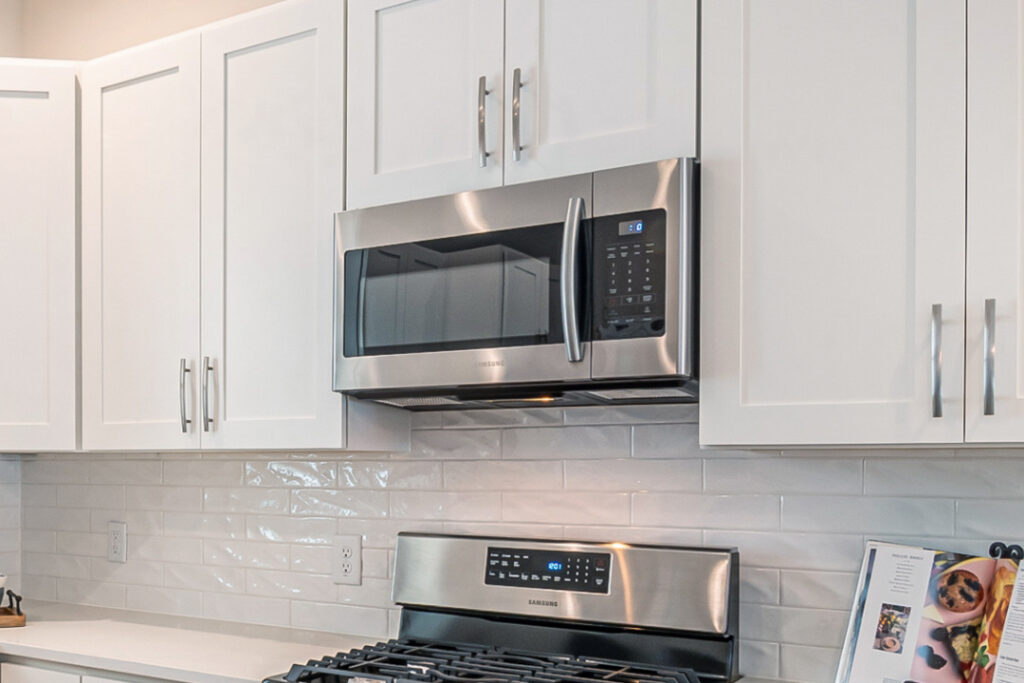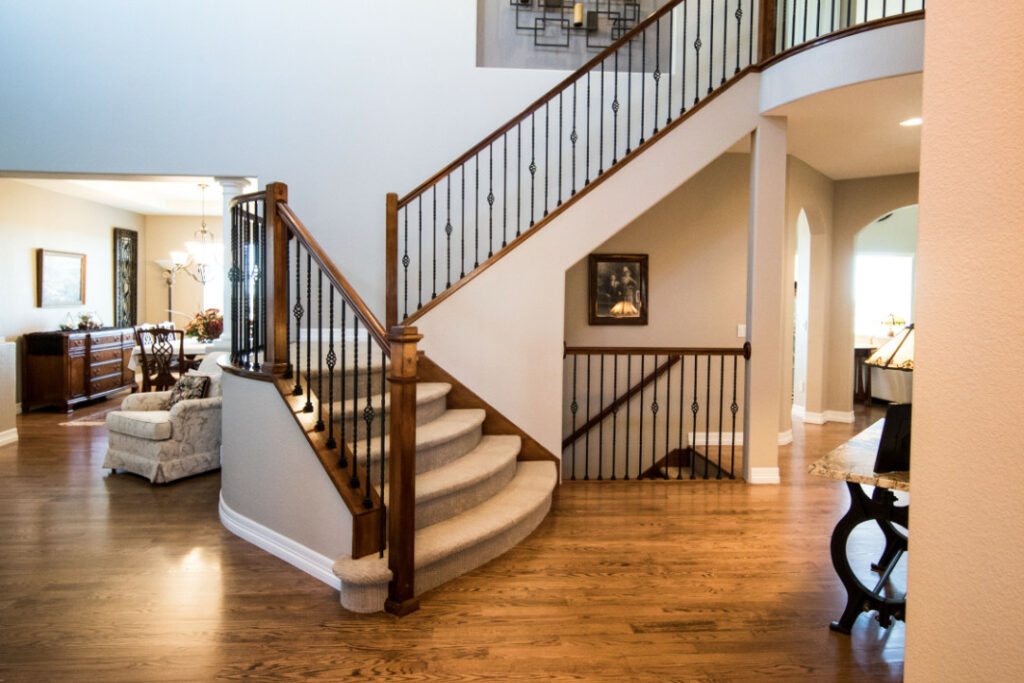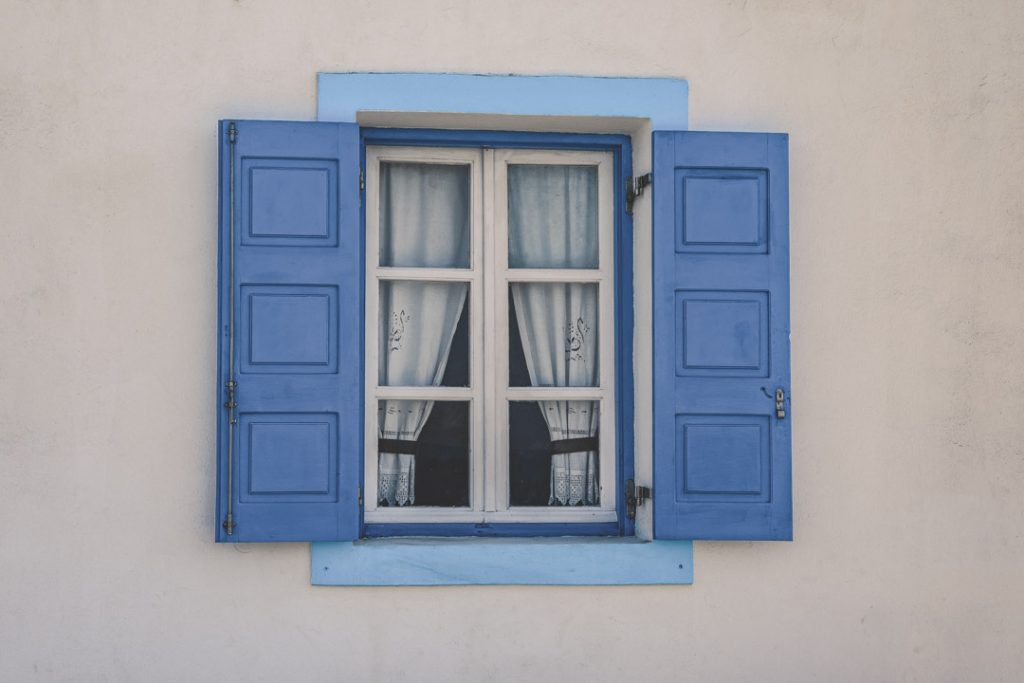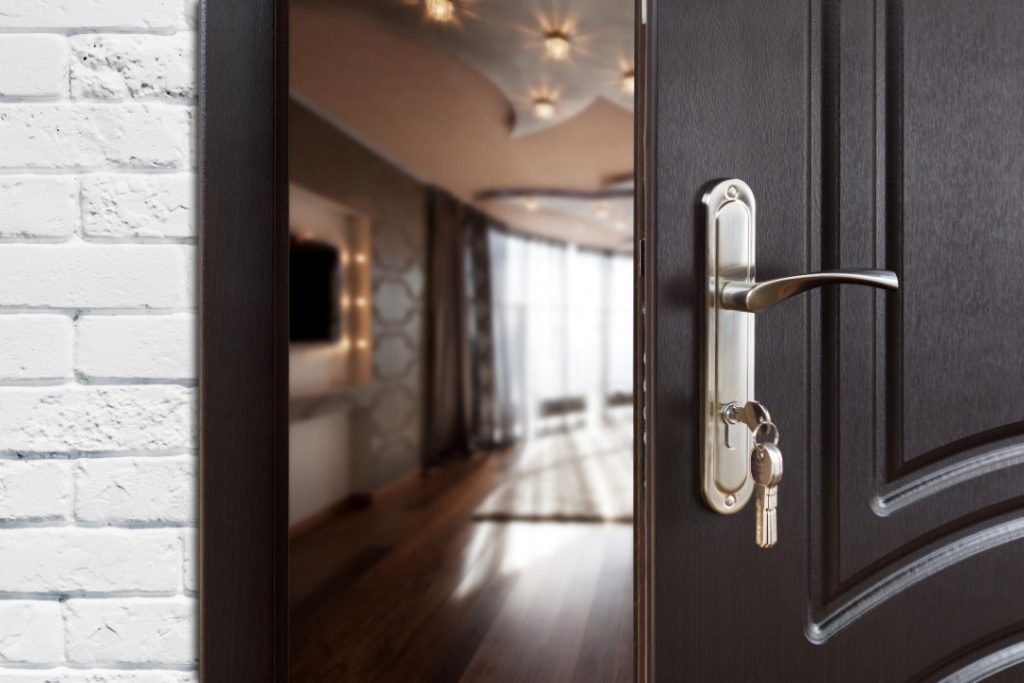Living with neighbors on the other side of a wall, above or below, can sometimes be a nightmare. I’m glad to say that not all neighbors are bad, but there is always that one that will give your sleepless nights.
It’s irritating when you have noisy neighbors playing music. Not only is it distracting while you are in your own home or apartment. It can be even more annoying if they have a loud bass system in their home.
Loud bass can be a severe problem for your hearing and your mental health. It is essentially noise pollution, and if you live in a big city, there is noise pollution everywhere.
We live in a big city and have suffered from noisy neighbors playing music all night, house parties, and noise pollution just from being in the center of town.
But since we learned these techniques to reduce bass noise, we are not bothered by our neighbor’s bass anymore. In this article, we will discuss with you strategies that we found helpful. Apply them and enjoy the tranquility of your home.
- Why is Low-Frequency Bass Noise Hard to Stop
- Talk to Your Neighbor in Person
- Soundproof Windows and Doors
- Soundproof your Walls
- Soundproof Your Floor and Ceiling
- Use Bass Traps
- Use White Noise
- Wear Noise-Canceling Headphones
- Should I Call the Police When My Neighbors Play Loud Music
- Never Hear that Bass Drop Again
Why is Low-Frequency Bass Noise Hard to Stop
Before you can start implementing ways to eliminate bass noise from neighbors, you need to understand what it is. Bass is a deep tone low-frequency class of physical sound, sometimes called bottom end.
Bass frequencies are a crucial part of the hearing experience. Even hard of hearing and deaf people can feel bass as a physical sensation. Since we do not technically hear it, getting rid of bass may be a little trickier than just using standard soundproofing techniques.
When soundproofing against high-frequency sound waves, you would use a combination of high-mass and high-density fabrics which are excellent for sound absorption and redistribution.
The high-mass materials block entirely sound waves, including the type of sensation that bass produces. Therefore, if you want to find useful bass-blocking materials, you will need to stick with something with considerable mass.
Low frequency sounds can travel through brick and concrete, which is why you sometimes feel vibrations when a heavy truck passes your building. This sensation is known as a structure-borne sound and the noise impact is carried through walls, ceilings, and floors rather than airborne noise.
Now that you know how it works, you still need to figure out a way to reduce the bass noise level reaching your home. Luckily, we’ve compiled this helpful list of ways to deal with it right here.
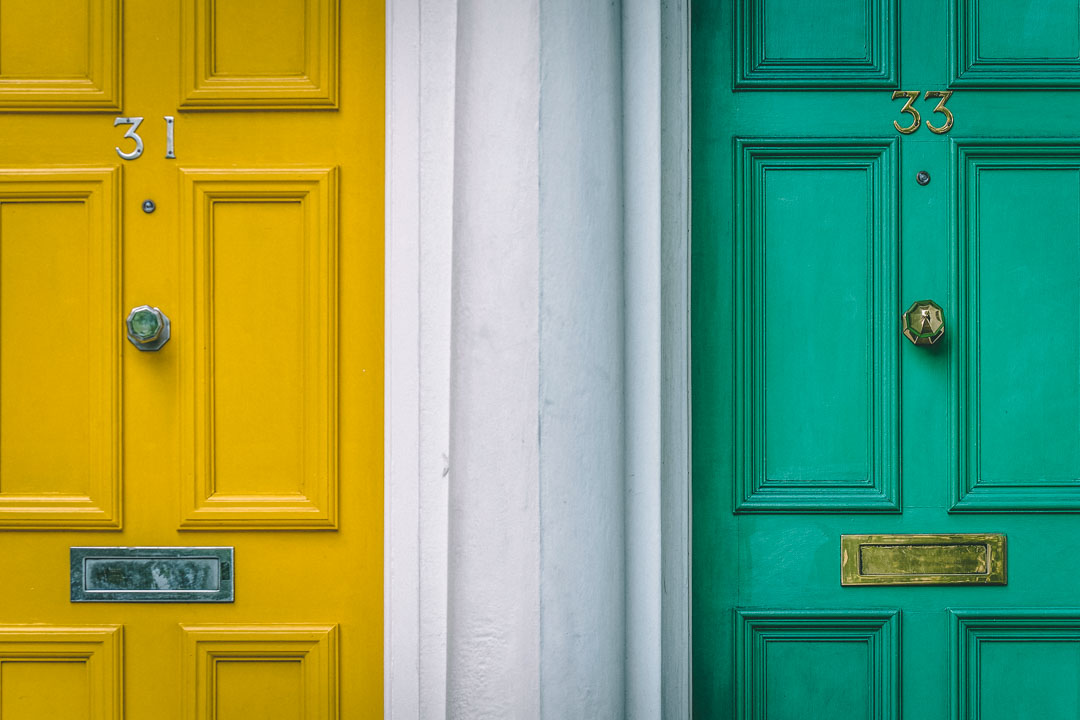
Talk to Your Neighbor in Person
Soundproofing against bass can be an expensive and time-consuming exercise. The easiest, cheapest and quickest option is to talk with your neighbors.
It might be a difficult conversation, but you might be surprised that talking politely to your neighbor might be enough to turn things around. Most of the time, people don’t realize how their noise is impacting those around them.
Politely talk to your neighbor face to face about the issue and possible solutions (reducing the noise, turning down the bass, or soundproofing their walls).
If you cannot talk to the neighbors directly, speak to the landlord or property manager. If you cannot agree, then the steps below will help you soundproof your home and give you some peace.
Did you know:
In the US & UK the legal night hours are specified as being between 11pm and 7am.
Between these hours there are set noise levels which should not be exceeded.
Soundproof Windows and Doors
Doors and windows have air gaps allowing air to pass through them. Soundproofing them is the most effective technique to reduce the noise from the outside.
Starting with these leaky areas, sealing the air gaps will block any sound from the outside. Soundproofing curtains or blankets work better than any other material as they have been specially designed.
Soundproofing blankets and curtains are made from a dense material that does not let the sound in and cause disturbances inside the house. You can hang them precisely as you would hang regular curtains.
You can buy either of the following soundproof curtains or blankets from Amazon now and say goodbye to loud bass from your neighbors.
Soundproofing Blankets
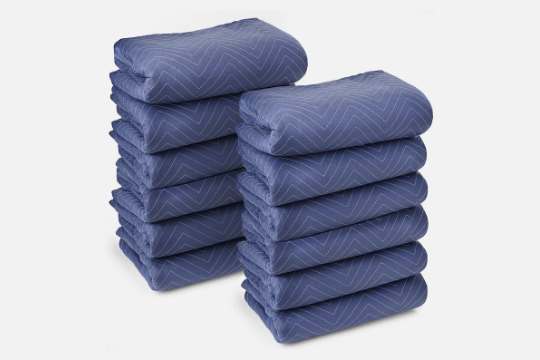
Sure-Max Moving & Packing Blanket
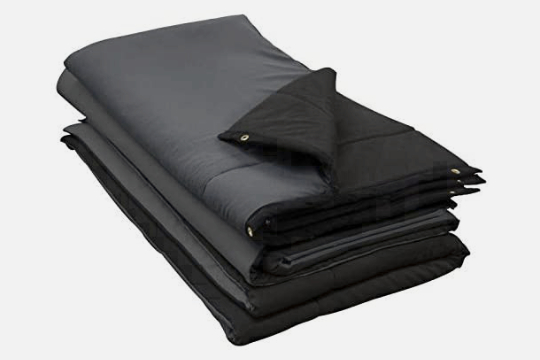
Audimute Sound Absorption Damping Blankets
Soundproofing Curtains
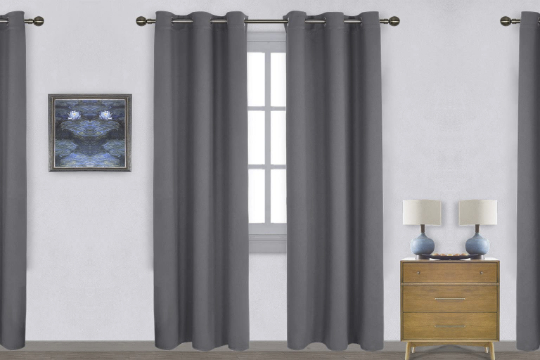
NICETOWN 3 Pass Microfiber Noise Reducing Curtain
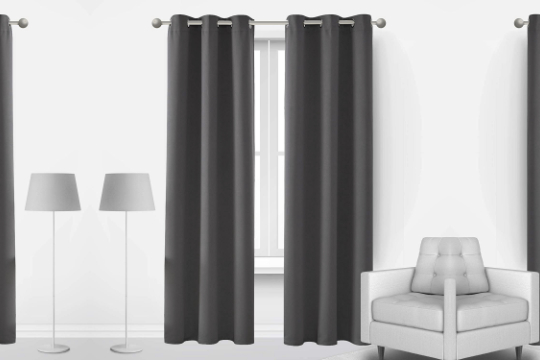
Deconovo Blackout Curtains Thermal Insulated Noise Reducing
Soundproof the Door Spaces with A Dampening Door Seal
Poorly fitting doors will have air gaps between the door and frame or between the door and floor. If air can get through an opening, then the sound can travel through it.
You can minimize this leak by installing an acoustic or draught excluding seal to the door or frame. Sealing the door frame is a cheap and effective technique to reduce the noise from outside.
You can buy the seal on Amazon and fix it yourself. Below are the simple steps to install the dampening seal on the door.
Install Draft Stopper Under the Door Foot
There is a gap between your door and the floor to help it open and close smoothly. However, the same opening allows the sound from the bass noise to bring disturbance into the house.
Whether you have an old door, new door, wood door, or metal door, the larger the gap, the more noise it will allow through the door.
A door sweep will help save your sanity and health as it aids in significantly reducing the decibels heard in your personal space.
When installed under the door’s back, they slide nicely over carpets, wooden, and laminate floors, leaving no marks or scratches on the floor.
Check the following door sweeps on Amazon.
Soundproof your Walls
Soundproofing a wall is not an easy job. A bit drastic, but you could build drywall, creating a new wall inside your room. That way, the structural noise impact of the low-frequency bass passing through the building won’t be able to vibrate through the inner wall and disperse in the airspace between the wall.
A less drastic option is to use acoustic foam panels, which are designed specifically for music rooms. The acoustic foam panels design absorbs the noise that hits them and stops them from bouncing back into the room.
Acoustic panels also soften the sound inside the house, improving your home acoustics.
We have tested the following acoustic foam panels. They worked perfectly to reduce the bass noise from our neighbors.
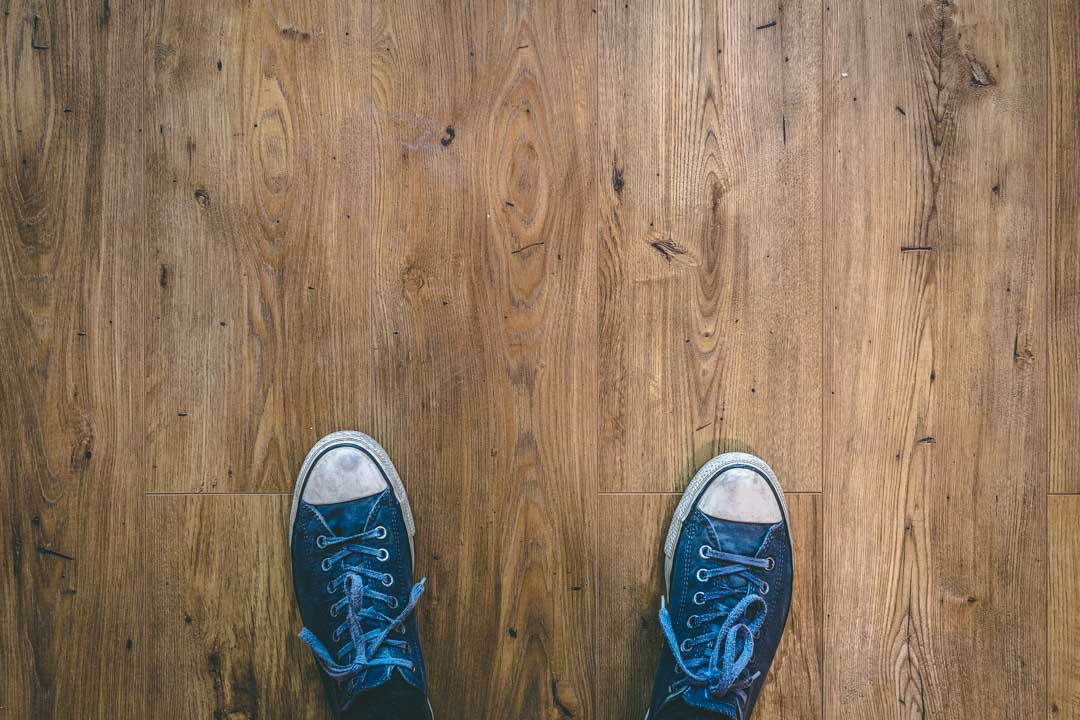
Soundproof Your Floor and Ceiling
If you live in an apartment, then the bass sound vibrates through sold structures that could be coming from your neighbors above or below. When neighbors play loud music, you will hear the bass through the floor or ceiling of your house, giving you sleepless nights.
Soundproof Your Floor
If the bass noise comes from below, you will need to absorb the sound before the noise enters your room.
You can lay down heavy rugs on the floor as they absorb the bass vibration and prevent it from passing into the room through the floor, causing a disturbance. They are more efficient than light rugs—the heavier the carpet, the better the results.
If you are about to lay a new floor, carpet, or wood flooring, you can get underlayment that will muffle the sound. If you can take up your existing floor, you could also use underlayment.
You can use underlayment and two layers of plywood sandwiched with Green Glue Noise-proofing Compound for the ultimate soundproof floor.
Soundproof Your Ceiling
Soundproofing blankets or acoustic foam panels will work well on your ceiling. They will reduce all the vibrations and bass noise from the room above you.
Acoustic foam panels will work best if the noise is intense. Soundproofing blankets will work perfectly well if the bass noise is lighter and not too much.
Use Bass Traps
A bass trap is physically the same as an acoustic foam panel. However, it’s thicker than a regular panel and generally stuffed into a corner. Lower frequencies have longer standing waves. Therefore the absorption layer needs to be thicker to catch more of the wave.
Placement is different. Acoustic panels are typically placed on the side walls where the sound would reflect off the wall. When they reflect, they’re taking a longer path than the direct should, so you’ll hear a lower and delayed sound.
The low-frequency standing waves tend to peak in the corners of a room. So packing the corners with absorbing material is an effective way to stop those bass notes from building up or canceling them out.
Check the following bass traps. They will help you solve the bass problem you are experiencing today.

Use White Noise
You can use white noise as a tool to block noises of all frequencies, including the low-frequency sounds of bass. That’s because white noise is a mixture of all humanly detectable frequencies, from 20 to 20,000 Hz.
Although the human perception of the bass is more physical than auditory, bass noise is still just a sound frequency. White noise machines are still a pretty good method for dealing with them.
Some machines can also play other non-looping sounds, like nature and ambient sounds. That could be a more pleasant alternative if you’re someone who gets easily annoyed by white noise.

Wear Noise-Canceling Headphones
Our final ninja tip for dealing with bass noises is to get yourself some noise reduction headphones or noise-canceling earbuds. You may already know that using ear muffs while you sleep can help get rid of excessive sound.
However, did you know that headphones could also help you keep your cool when your neighbors are blasting bass-heavy music?
Both types of noise-canceling products can be of some assistance to you. Typically, earmuffs are more often explicitly designed to be noise-canceling. On the other hand, earbuds and headphones often have the bonus of blocking outside noise while also playing music.
If the bass is shaking your walls during the day, you’ll be able to use any noise-canceling products. Just broaden your search outside of products made for sleeping and read the. reviews.
Should I Call the Police When My Neighbors Play Loud Music
Calling the police and making a noise complaint is not a recommended option and could bring hostility between you and your neighbors. Having peace of mind is more important.
You should always try option one and try to talk to them if your neighbors don’t listen when you talk to them, just soundproof. Block the bass noise from entering your home and live in peace.
You should only call the police if they are abusive when you talk to them and ask them politely to reduce the noise and turn on you. If your neighbor tries to insult or beat you or is verbally abusive to you in any other way, call the police.

Never Hear that Bass Drop Again
The cheapest, most essential, and useful method for getting rid of low-frequency bass noises coming from your neighbor is to talk to them first. Stopping the annoying bass sounds mean you won’t to have to try and cancel it out.
After all, most people don’t want to be the disturbing loud neighbor with unwanted noise. Your neighbor might not even recognize how loud they’re being. That’s why talking to them might be the best choice.
However, you may not resolve the matter peacefully, and your neighbor could be unwilling or unable to implement soundproofing measures. If that’s the case, separating the inner drywall from the building’s structure is the next best thing. Just remember to do the same with the floor and ceiling if you want the best bass-blocking.
If you can’t change your apartment’s layout for some reason, you can always try some of the less permanent solutions, like bass traps, white noise, or earmuffs.
Latest Articles
How To Soundproof A Room For Drums?
How To Make A Room Soundproof From Outside Noise
how to make a room soundproof from outside noise. If you live in an apartment…
How To Quiet a Garage Door (6ways)
How To Soundproof A Laundry Room
If you’re like many people, your laundry room is in the basement. And if you’re…
How To Silence A Microwave: A Guide
We’ve all been there. You’re in the middle of microwaving something, and suddenly, you hear…
How To Soundproof Stairs
How to soundproof stairs. You may have heard “soundproofing” before, but what exactly is it?…

